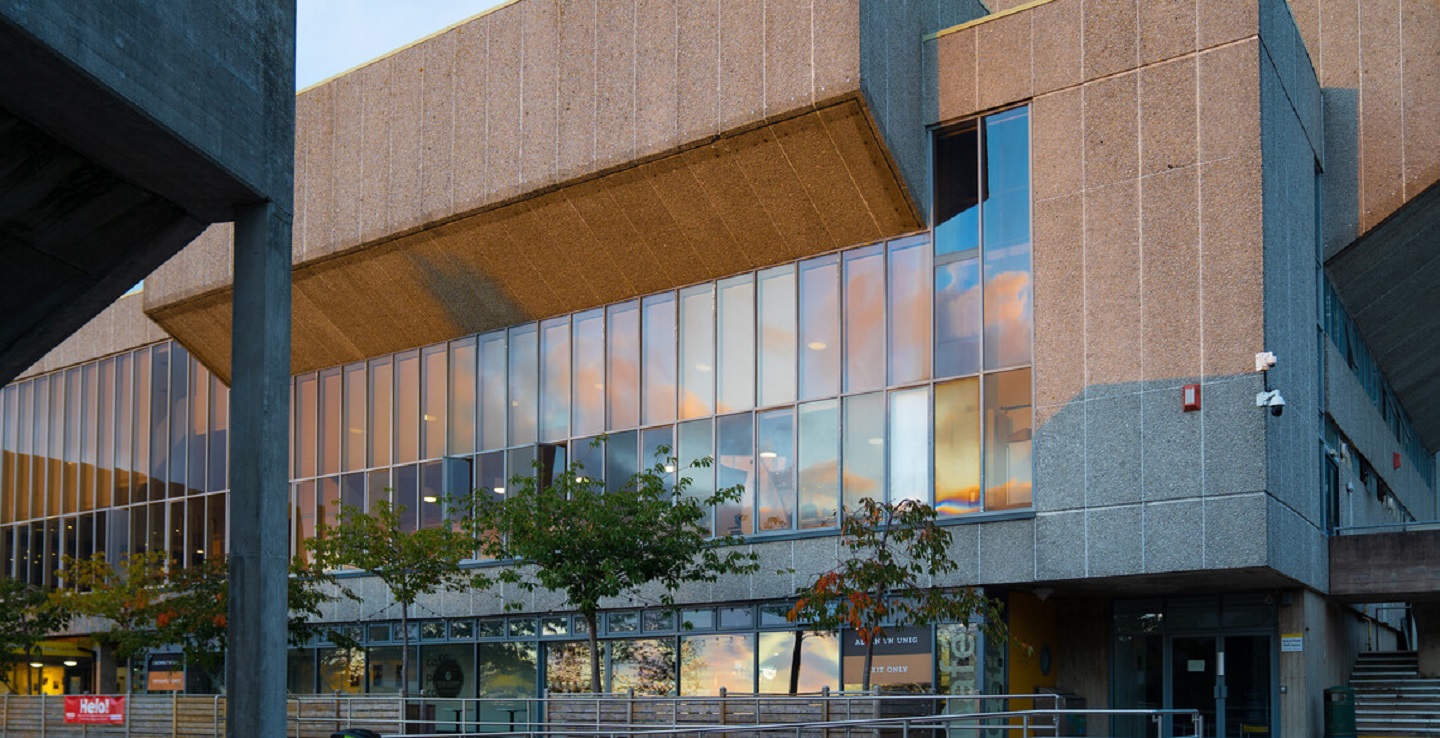Aberystwyth University launches AI Hub to explore decade’s most critical technology

12 October 2022
Aberystwyth University has launched a new hub to study artificial intelligence in response to a technology that presents some of the greatest opportunities this decade to transform society.
The Hub involves academics from across the University collaborating in areas such as robotics and machine learning, astrophysics, medical treatment, drug discovery and future foods through a series of workshops, conferences, and collaborations.
In recent years, the University has been involved in a number of high-profile projects involving the technology. In June 2022, it worked with Dŵr Cymru Welsh Water on an artificial intelligence system that helped monitor the reliability of water treatment processes.
The University has also developed an app that helps recovering stroke patients exercise more and looked at how the technology can be applied to exploring the weather in space.
At a recent symposium hosted by Aberystwyth University academics discussed subjects such as artificial intelligence’s uses within healthcare, the arts and storing and categorising key information.
In the coming years, the University will build on its expertise in applying artificial intelligence to space and data science, engineering, intelligent robotics and healthcare.
A series of sandpit events will be held to bring academics from across all disciplines at the University together to share ideas and start new projects, with a public conference planned for 2023.
Professor Colin McInnes, Pro Vice-Chancellor for Research, Knowledge Exchange and Innovation, said: “Artificial intelligence poses one of the greatest opportunities - and challenges - for the world this decade. These are not simply technological, but will impact upon society, the economy, culture and human rights. I am delighted that Aberystwyth University is taking a lead in examining the impact of AI across all these dimensions and how they will interact with each other.”
Professor Reyer Zwiggelaar, Head of the AI Hub, said: “These technologies will push the boundaries of scientific discovery: from the exploration of Mars’ surface and quantifying the environmental impact of global warming to identifying new health biomarkers, creating future foods and understanding of how living organisms sense, move and interact with their natural environments.
“This is why we established the AI Hub: to collaborate and explore the full potential of the technology. It will help fuel innovation across society and something that will change our lives for the better, across the country and the world. We want to be at the forefront of this exciting field.”



